Hawzah News Agency- It is no exaggeration to say that Pope Francis and the Grand Imam Ahmad Al-Tayyeb took the world by surprise on 4 February 2019 with their joint declaration. The Document on Human Fraternity for World Peace and Living Together has been hailed as a milestone in interreligious dialogue. The declaration was signed during the first ever papal visit to the Arabian Peninsula, the cradle of Islam. The Pope’s journey to the United Arab Emirates took place on the eight hundredth anniversary of Francis of Assisi’s visit to Sultan al-Malik alKāmil, an encounter whose symbolic value perdures.
In the interreligious meeting that preceded the signing of the Document, with words that carried a strong sense of urgency, Pope Francis told the religious leaders present that “there is no alternative: we will either build the future together or there will be no future”. At this historical crossroads, the world’s religions were called “to contribute actively to demilitarizing the human heart” by helping the human family deepen the capacity for reconciliation, find a vision of hope and promote concrete paths of peace. The Document on Human Fraternity upholds a vision of fraternity in diversity. Faith communities are called to adopt a culture of dialogue, to cooperate and to foster reciprocal understanding. Everyone is invited to rediscover the values of peace, justice, goodness, beauty, human fraternity and coexistence as the key to the survival of humanity. Likewise, the Document upholds “freedom of belief, thought, expression, and action” and calls for the recognition of the rights and freedoms of all, including women, to education, employment and political participation.
On 15 August 2019, the Higher Committee of Human Fraternity was established to achieve the objectives of the Document on Human Fraternity. Four days later, the building of an Abrahamic Family House on Saadiyat Island in Abu Dhabi was announced as “a concrete implementation and physical manifestation of the Document on Human Fraternity”. Finally, on 21 December 2020, the United Nations General Assembly proclaimed 4 February as the International Day of Human Fraternity.
While it is difficult to assess fully something that is still unfolding, PLURIEL 4th International Congress aims to provide a forum for the discussion and evaluation of the reception of the Document on Human Fraternity on the occasion of its 5th anniversary. What has been the impact so far of the Document on Human Fraternity concerning the coexistence of Christians and Muslims around the globe? Here “impact” refers not only to the complete resolution of concrete conflictual situations involving the adherents of these two faiths, but more fundamentally to the putting into place of creative and transformative processes that consciously work to overcome conflicts and generate human fraternity. How does the Abu Dhabi declaration envisage this human universal fraternity – socially, politically, and theologically? Which are the key areas of concern and the transformations required? Are these transformations realistically attainable? Or are the shared values it promotes “bland and unchallenging, and therefore effortlessly ignored”, as one commentator pointed out immediately after the signing of the declaration?
As in previous editions (Islam at Plural, 2016; Islam and Belonging, 2018; Islam and Otherness, 2022), the Congress will bring together the perspectives of scholars of multiple disciplines. It will be organized according to three main areas of analysis, while allowing for overlaps:
Socio-juridical
Perhaps one of the elements of the Document on Human Fraternity that has received the greatest welcome is the endorsement of full citizenship as the only way forward in today’s multicultural and multireligious societies. The Document resolutely rejects “the discriminatory use of the term minorities”, which is said to engender feelings of isolation and inferiority and even pave the way for hostility and discord. Yet concern has been raised that cultural and religious minorities need legal recognition and protection to avoid becoming invisible under the mantle of a theoretical equality of rights and duties and the crushing weight of the majority (Henrard 2010; Malloy-Caruso 2013; Caruso-Hofmann 2015).
The Congress desires to ground this debate in an examination of concrete cases. What are today’s examples of good and bad practices in regard to the treatment of religious minorities? Focusing on particular areas of concern, such as freedom of religion, rightly regarded as a litmus test of a society’s respect for human rights, can further concretise this investigation. Some Muslim-majority societies seem to limit freedom of religion to freedom of worship within the faith communities traditionally present in those societies, with timid advancements to promote the religious freedom of the individual citizen. Instead, in certain western societies traditionally influenced by Christianity, accommodating the more communal aspects of the Islamic religion and its presence in the public space seems to provide the difficulty. Can the Document on Human Fraternity help to advance reflection and change in these and other socio-juridical areas? More generally, in light of the Document on Human Fraternity, how do Muslims and Christians participate in the construction of a shared society and the preservation of their own specific identities?
Geopolitical
The Document on Human Fraternity denounces “a political manipulation of religions” and boldly rejects “interpretations made by religious groups who, in the course of history, have taken advantage of the power of religious sentiment in the hearts of men and women in order to make them act in a way that has nothing to do with the truth of religion”. While this statement represents a theological viewpoint, the Congress will draw also on the contributions of disciplines such as peace studies and conflict transformation, human rights studies, international law, political science, security studies and others in order to understand better the role of religion and ideology in current conflicts. Are there positive examples of processes that seek to undo the effects of religious extremism and other forms of intolerance? How can governments and international organizations engage religious actors to promote common global ambitions such as sustainable development, human rights and peace? Is religious sentiment powerful enough to mitigate global competition for political and economic hegemony and the control of natural resources by imbuing it with a sense of shared responsibility?
Theologico-dialogical
The Document on Human Fraternity describes itself as a “joint declaration of good and heartfelt aspirations”, not as a systematic theological treatise. Its most basic theological affirmation is that the human family has an innate vocation to fraternity and that this fraternity is not built upon a forced uniformity but embraces variety and differences between brothers and sisters. Almost immediately, the Document’s statement that “the pluralism and diversity of religions, colour, sex, race and language are willed by God in His wisdom” attracted the criticism of Catholic commentators who saw here a departure from previous Church teachings. While these initial criticisms were often voiced by known critics of the current pope, the controversy points to a key theological question for the prospects of Christian-Muslim dialogue: How does the ideal of human fraternity promoted by the Abu Dhabi declaration invite Christians and Muslims to rethink their theologies of religions and their understanding of mission? Even the very word “fraternity” has been seen as discriminatory and so problematic. Above and beyond the term’s alleged gender bias, some Muslims and Christians retain a more fundamental hesitation to extend its religious connotation beyond the boundaries of their own faith community. Has the Document on Human Fraternity led to creative theological reflection on these and other issues? How can Christianity and Islam develop their potential for advancing a notion of fraternity that embraces the entire human family?

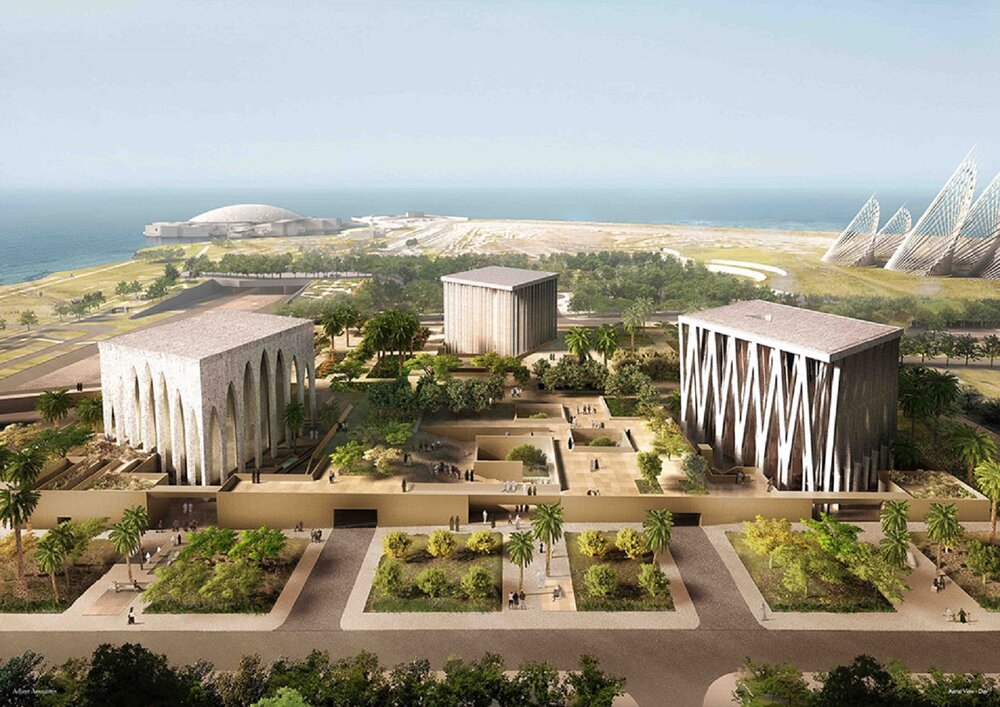
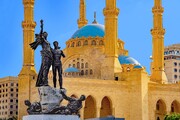




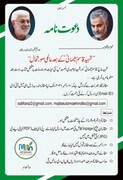
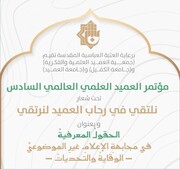

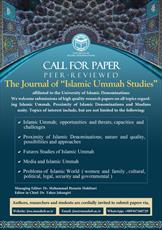
Your Comment